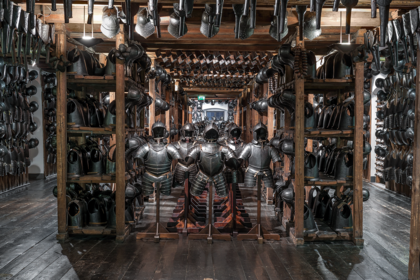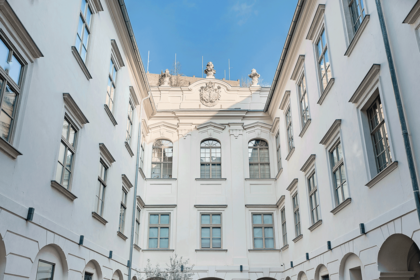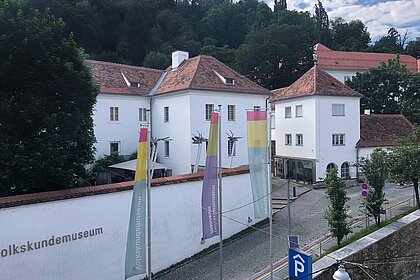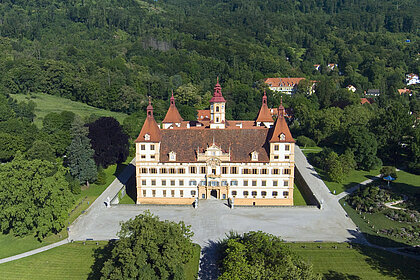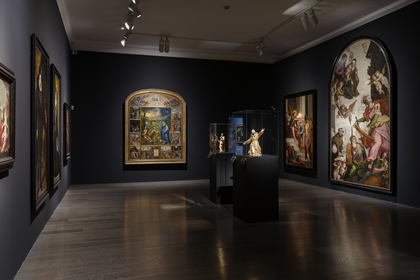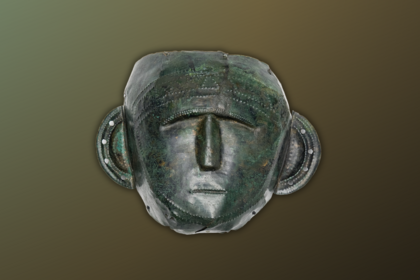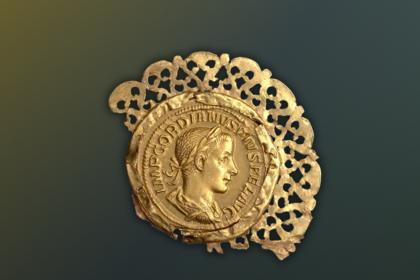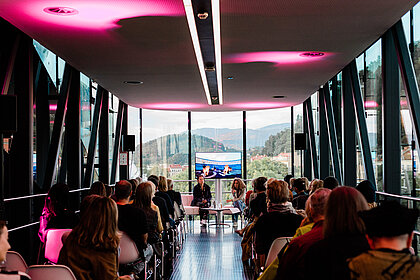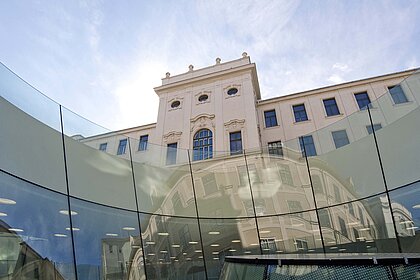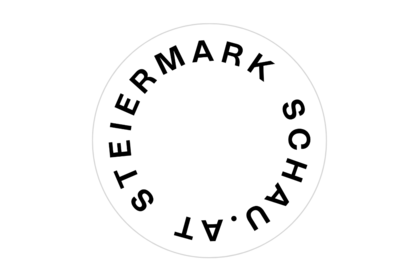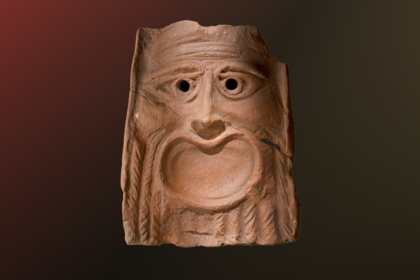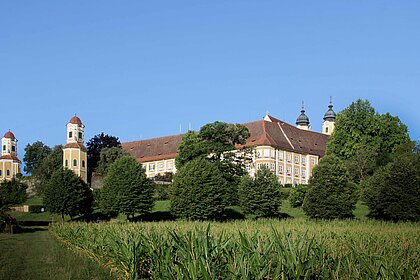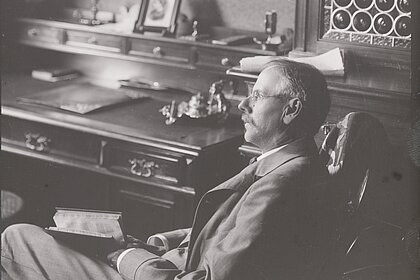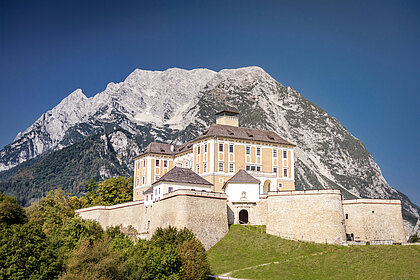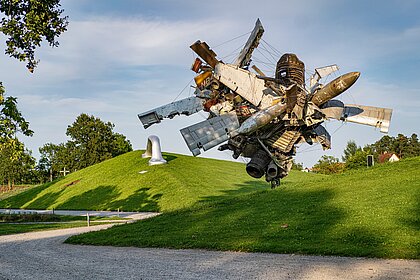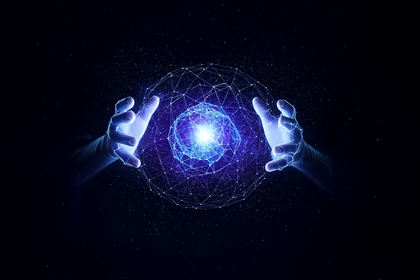10:00 - 10:45 Welcome
Panel 1: Retelling of Modernisms and Modern Art
10:45 – 11:10 Eva Ehninger: Drawing Ajanta. Indian Modernism and Colonial Pedagogy
11:10 – 11:35 Tanja Petrović: From the Conscripts of Modernity to its (Silenced) Agents: How To Think Socialist Modernity Beyond Coloniality?
11:35 – 11:55 Discussion
Coffee break
Panel 2: Blindspots of Modernity 1
12:15 – 12:40 Sabine Flach: Cultural Traffic - Entangled Histories in Simone Leigh's and Yinka Shonibare's art tell the Stories of Modern Art
12:40 – 13:05 Oliver Marchart: Senghorian Modernity. A post-foundational universalism in art, politics and philosophy
13:05 – 13:25 Discussion
Panel 3: Artist Talks
13:25 – 13:45 Lukas Marxt
13:45 – 14:05 Jošt Franko
14:05 – 14:30 Discussion
Lunchbreak / Exhibition tour with the curators (english)
Panel 4: Panel Discussion with a focus on the exhibition Poetics of Power
(moderated by Nini Palavandishvili)
15:30 – 17:00 Artist panel with Daria Koltsova, Daniela Ortiz and Erkan Özgen
Coffee break
Keynote Monica Juneja with Discussion
Modernity's invention of Art: The poetics and politics of a transcultural concept
17:20 – 18:50 Uhr
